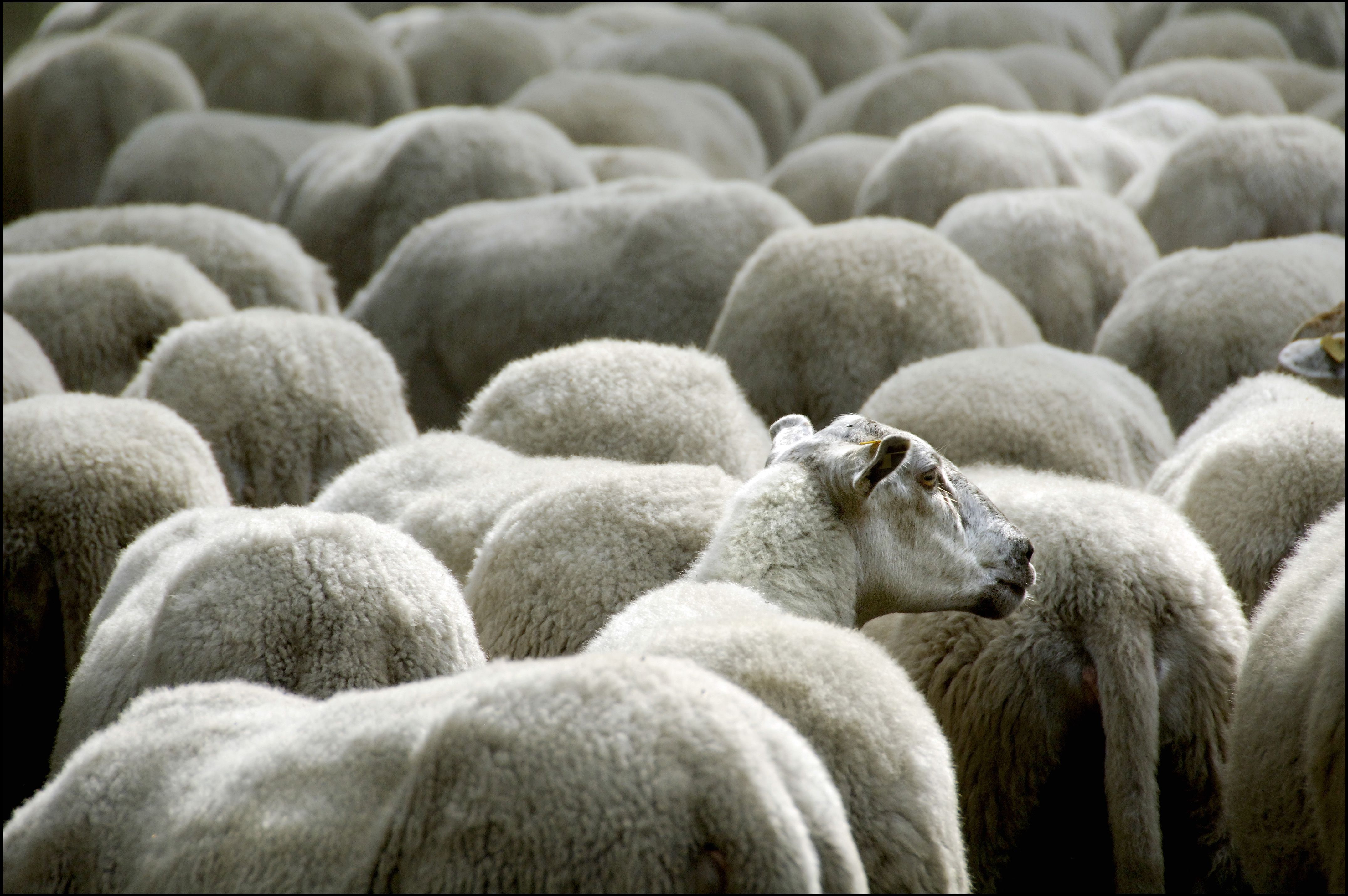Belgium, Netherlands and Germany call for bluetongue vaccine and export relaxations

On the sidelines of a meeting of European agriculture ministers in Luxembourg on Monday afternoon, Belgium, the Netherlands and Germany called for the rapid development of a vaccine against bluetongue serotype 3. They also called for flexibility on the export of live animals from countries affected by the virus.
"The bluetongue virus now affects 2,500 farms in the Netherlands. It is a huge outbreak also spreading to Germany and Belgium," said Dutch Agriculture minister Piet Adema at a joint press conference with his German counterpart, Cem Özdemir, and Belgian minister David Clarinval.
With the pharmaceutical sector and, if possible, with European support, the ministers want to develop and produce a vaccine against this strain of the disease as soon as possible.
Rapid spread
Bluetongue serotype 3 first appeared in the Netherlands in early September and spread rapidly throughout the country. Infection was also detected in the German state of North Rhine-Westphalia and on a sheep farm in Flanders, causing Belgium to lose its bluetongue-free status.
The virus is not a problem for domestic trade, but live cattle exports to other member states have reached a standstill. However, other EU countries can still accept animals under certain conditions.
Exception for healthy animals
Clarinval and his colleagues are calling for flexibility. "We are asking the European Commission for an exemption for healthy animals and for member states to show some flexibility so we can continue to export live animals in good safety conditions," he said.
Bluetongue is a non-contagious viral disease mainly affecting sheep and other ruminants such as cattle and goats. The main route of infection is the bite of midges, which carry the virus. Sick animals cannot directly infect each other and the disease is not transmissible to humans. Nevertheless, the outbreak is causing a lot of animal suffering.
Since the beginning of September, 14,720 more sheep than usual have died in the Netherlands. Affected animals stop eating, lie down a lot, walk lamely or stand with their backs arched to relieve pain in their legs. In very severe cases, the tongue turns blue. Infections in cattle and goats often progress without clear clinical signs. Infected cattle produce more virus in the blood for longer and play a significant role in the spread of the virus.
© PHOTO FLIP FRANSSEN/HOLLANDSE HOOGTE